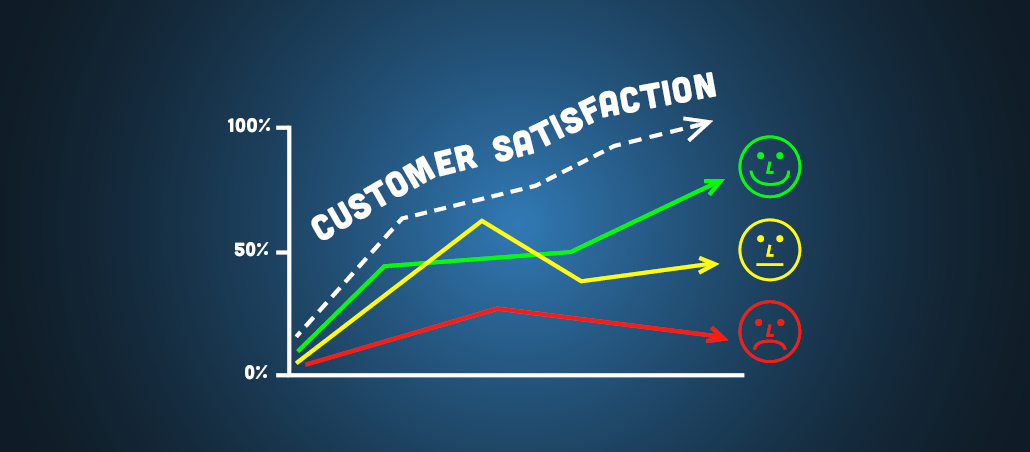Sentiment analysis in CRM tools is a sophisticated process that leverages natural language processing (NLP) and machine learning to interpret and categorize customer emotions expressed in text data. This analysis is crucial for understanding customer sentiments, which can range from satisfaction to frustration, and is applied across various customer interaction channels such as service calls, emails, social media, and reviews.
The core function of sentiment analysis in CRM tools is to extract actionable insights from customer feedback, enabling businesses to enhance customer experience and loyalty. By analyzing the sentiment behind customer interactions, companies can identify trends, address pain points, and tailor their services to meet customer expectations more effectively.
Key techniques used in sentiment analysis include:
-
NLP and Machine Learning: These technologies are used to process and analyze large volumes of text data, identifying patterns and assigning sentiment scores to different components of the text.
-
Aspect-based Analysis: This approach identifies specific topics or aspects discussed by customers, allowing businesses to understand sentiments related to particular features or services.
-
Emotion Detection: This technique associates words with specific emotions, providing a deeper understanding of customer feelings.
-
Fine-grained Analysis: Sentiments are categorized into various levels, from very positive to very negative, offering a nuanced view of customer opinions.
-
Intent Analysis: Understanding the intent behind customer interactions, such as purchasing or researching, helps in delivering personalized experiences.
Sentiment analysis tools, such as Lexalytics, Brandwatch, and MonkeyLearn, offer various functionalities like real-time insights, social media monitoring, and integration with other platforms to streamline the analysis process. These tools help businesses monitor customer sentiment, track trends, and make informed decisions to improve customer satisfaction and loyalty.
In summary, sentiment analysis in CRM tools is an essential component for businesses aiming to enhance customer relationships by understanding and acting on customer emotions and feedback. By leveraging advanced technologies, companies can gain valuable insights into customer sentiments, leading to improved customer experiences and business growth.






